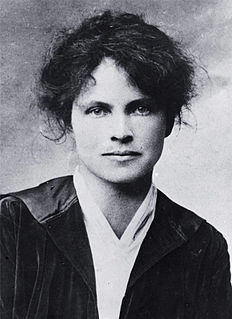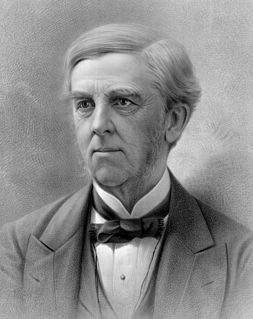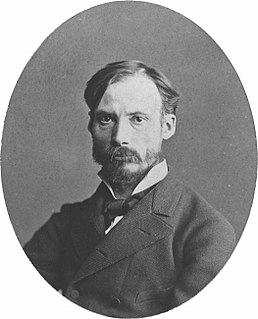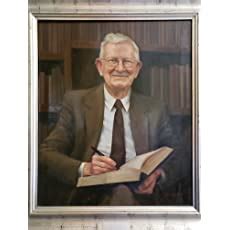A Quote by Georg Brandes
Forgetfulness, the unhistorical, is ... the atmosphere, in which alone life can come into being. In order to understand it, let us imagine a youth who is seized with a passion for a woman, or a man who is swayed by a passion for his work. In both cases what lies behind them has ceased to exist and yet this state (the most unhistorical that can be imagined) is that in which every action, every great deed is conceived and accomplished.
Related Quotes
Almost all men are born with every passion to some extent, but there is hardly a man who has not a dominant passion to which the others are subordinate. Discover this governing passion in every individual; and when you have found the master passion of a man, remember never to trust to him where that passion is concerned.
Vermont tradition is based on the idea that group life should leave each person as free as possible to arrange his own life. This freedom is the only climate in which (we feel) a human being may create his own happiness. ... Character itself lies deep and secret below the surface, unknown and unknowable by others. It is the mysterious core of life, which every man or woman has to cope with alone, to live with, to conquer and put in order, or to be defeated by.
What is man born for but to be a Reformer, a Remaker of what man has made? A renouncer of lies; a restorer of truth and good? Imitating that great Nature which embossoms us all, and which sleeps no moment on an old past, but every hour repairs herself, yielding us every morning a new day, with every breath a new life?
What is passion? It is surely the becoming of a person. Are we not, for most of our lives, marking time? Most of our being is at rest, unlived. In passion, the body and the spirit seek expression outside of self. Passion is all that is other from self. Sex is only interesting when it releases passion. The more extreme and the more expressed that passion is, the more unbearable does life seem without it. It reminds us that if passion dies or is denied, we are partly dead and that soon, come what may, we will be wholly so.
All other passions build upon or flow from your passion for Jesus. A passion for souls grows out of a passion for Christ. A passion for missions builds upon a passion for Christ. The most crucial danger to a Christian, whatever his role, is to lack a passion of Christ. The most direct route to personal renewal and new effectiveness is a new all-consuming passion for Jesus. Lord, give us this passion, whatever the cost!
The newspaper is a Bible which we read every morning and every afternoon, standing and sitting, riding and walking. It is a Biblewhich every man carries in his pocket, which lies on every table and counter, and which the mail, and thousands of missionaries, are continually dispersing. It is, in short, the only book which America has printed, and which America reads. So wide is its influence.
There are two angels that attend unseen
Each one of us, and in great books record
Our good and evil deeds. He who writes down
The good ones, after every action closes
His volume, and ascends with it to God.
The other keeps his dreadful day-book open
Till sunset, that we may repent; which doing,
The record of the action fades away,
And leaves a line of white across the page.
Now if my act be good, as I believe it,
It cannot be recalled. It is already
Sealed up in heaven, as a good deed accomplished.
The rest is yours.
Every isolated passion, is, in isolation, insane; sanity may be defined as synthesis of insanities. Every dominant passion generates a dominant fear, the fear of its non-fulfillment. Every dominant fear generates a nightmare, sometimes in form of explicit and conscious fanaticism, sometimes in paralyzing timidity, sometimes in an unconscious or subconscious terror which finds expression only in dreams. The man who wishes to preserve sanity in a dangerous world should summon in his own mind a parliament of fears, in which each in turn is voted absurd by all the others.




































